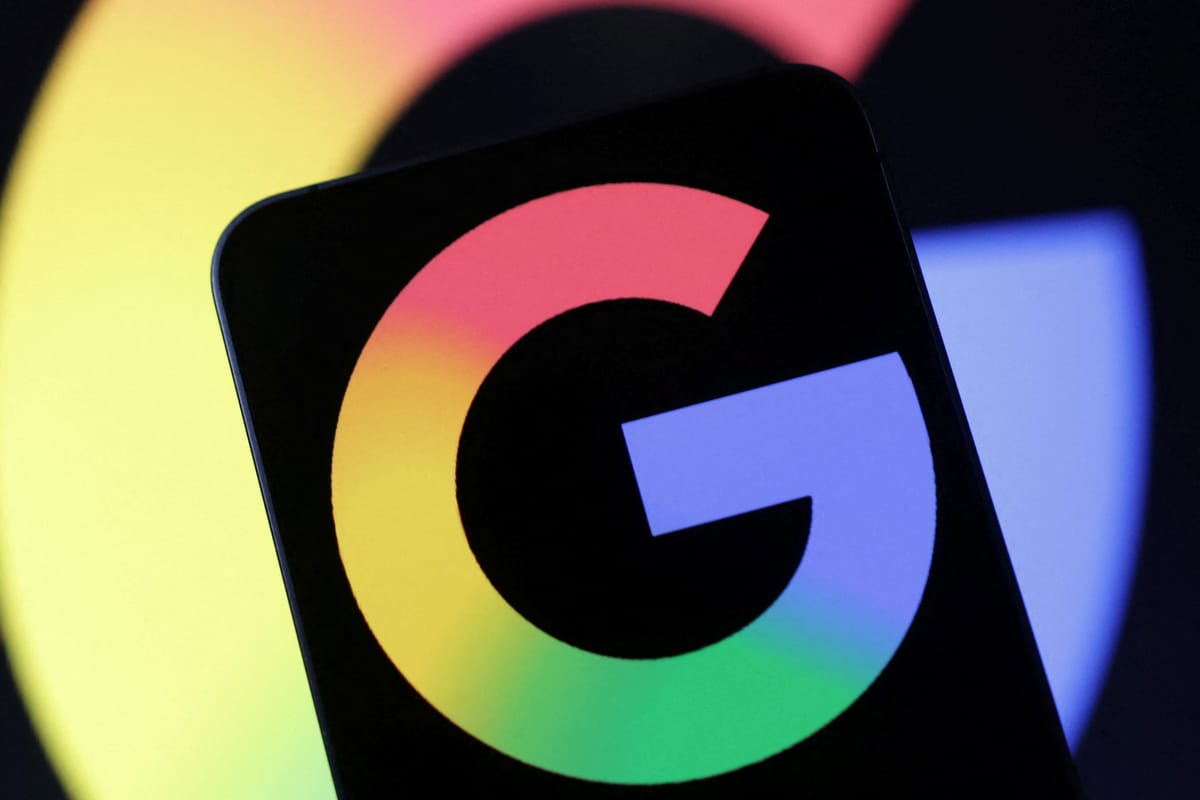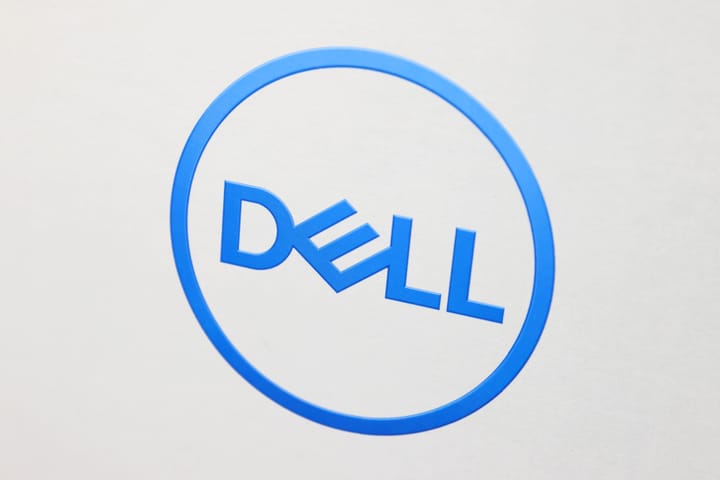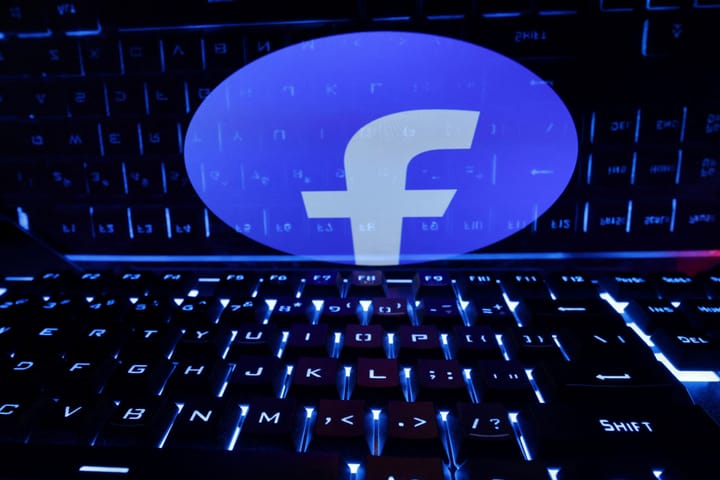AI and the Future of Search: Google's Antitrust Trial Gets Complicated

Okay, so a judge was chatting with the US Department of Justice recently, kinda wondering how new search engines could even pop up these days, especially with all the AI stuff happening. This is because, you know, the antitrust folks are really pushing Google to make some big changes to get things more competitive in online search.
This whole trial thing is being looked after by US District Judge Amit Mehta. He actually ruled last year that Google was being a bit of a bully in online search and the ads related to it. This case has even made Google's stock price jump around a bit, apparently because it showed Apple's thinking about having AI-based search options. When the judge was asking questions on Friday, it really looked like he's trying to figure out how much things have changed in the five years since this case started, and also how to think about AI companies like OpenAI.
He asked the DOJ lawyer, David Dahlquist, during their final talks in Washington, if AI should be seen as just another way to search, or like, a whole different kind of competing thing. The judge was like, 'Seriously, do you think someone's just gonna show up outta nowhere and make a whole new general search engine now, with everything we're seeing?'
Dahlquist basically said that search isn't going anywhere. And the stuff they want Google to do is meant to stop Google from blocking those AI competitors. Then Google's lawyer, John Schmidtlein, chimed in. He said even though generative AI is changing how search looks, Google has already dealt with any worries about AI competition. How? They're not making those exclusive deals anymore with phone companies and phone makers, like Samsung. So now these companies are free to put other search and AI apps on their new gadgets.
But the DOJ, and a bunch of states working with them, want Google to do even more. They're pushing for Google to sell its Chrome browser, share its search data, and stop paying billions of dollars to Apple and others just so Google is the go-to search engine on new devices. The trial started back in April, and the judge said he hopes to make his decision by August.
Now, about these AI 'rivals'? The DOJ has been saying during the trial that Google's search monopoly gives it an upper hand with its own AI stuff, like Gemini, and the other way around too. Nick Turley, who's in charge of product for ChatGPT at OpenAI, even testified. He said that the folks who made ChatGPT are still years away from their goal of using their own search tech to answer like, 80% of what people ask. He also mentioned that getting access to Google's search data would totally help them make ChatGPT way better. Fun fact, Turley also said OpenAI would be interested in buying Chrome if Google has to sell it.
But the judge seemed to wonder if companies like OpenAI or Perplexity should even be considered competitors to Google, in a way that means they should get some of Google's data. He was like, the case was about search engine competitors, and he wasn't sure if this other tech totally fits that. He said to another DOJ lawyer, Adam Severt, 'It seems to me you now want to kind of bring this other technology into the definition of general search engine markets that I am not sure quite fits.' Severt's answer was that even though the first part of the case looked at the past, what they want Google to do has to be about the future.
Schmidtlein, the Google lawyer, argued that it wouldn't be fair to give successful AI companies like OpenAI tech that Google has been working on for like, 20 years. He put it this way: 'Coming to Google and asking Google for a handout when they are the market leader seems completely disproportionate to what this case is about.'


